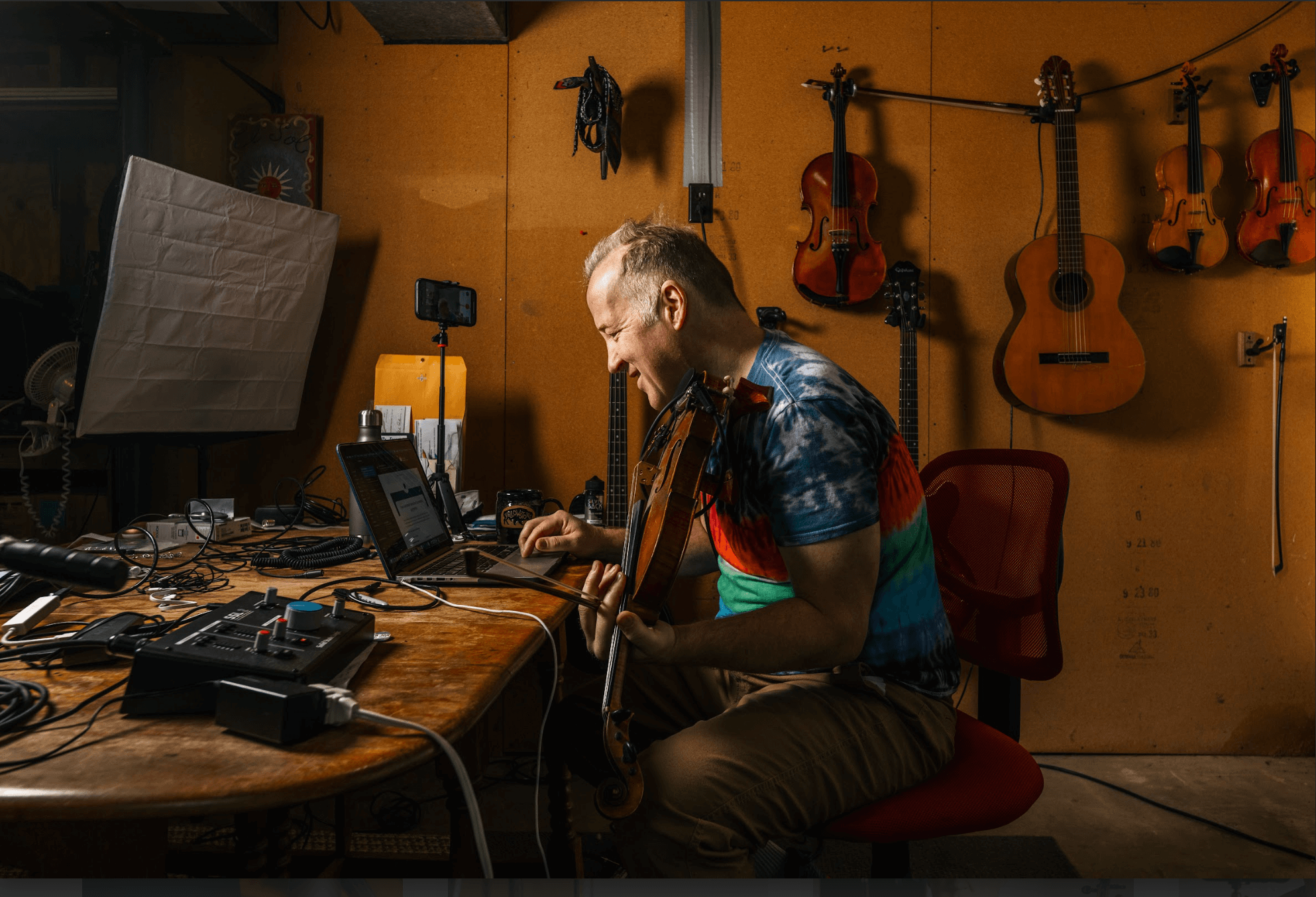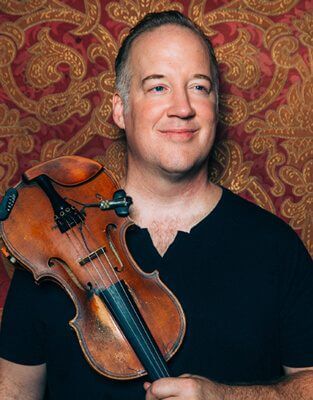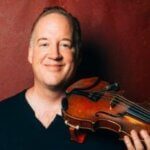Part of my marketing plan every year involves looking at all the “best fit” conferences and industry events in the upcoming year. If you’ve never been to a trade show, you may want to start thinking about which ones are right for you. But also, don’t make the mistake of assuming that going to a conference is going to magically create opportunities for you.
Local and regional conferences cost less. If you’re just getting your feet wet with conferences in your field, they can be a good way to start. Going to bigger national conferences can yield more, but they’re more expensive.
Attending conferences can help you find job opportunities and develop contacts for short term and long term. They can also be overwhelming and disorienting so it’s important to go into them with the right mindset. I’ve been to conferences where I didn’t know anyone, and I had to suck it up to just meet people. It can be hard when you feel like everyone else knows each other and no one knows you.
I’ve been to tons of conferences over the years, and learned the hard way that going to conferences can also be a waste of time.
They aren’t a substitute for a solid business strategy or a solid sales process.
Make sure you research the conference and find out who the other attendees are. How many attendees came last year, and who were they?
Some time a conference has too many “sellers” and not enough “buyers.”
Sometimes you might assume the conference will be great, only to go and find that you weren’t able to connect with the type of opportunities you were expecting. For example, everyone hypes up South By Southwest in Austin (for bands), but from what I’ve heard, it’s extremely difficult to get any meaningful opportunity for your act at SXSW unless you’re already well-connected. Similarly at the national APAP conference (Association of Performing Arts Presenters) it’s common to feel like you’re getting swallowed up in an ocean of anonymity.
If you’re unsure about a conference, minimize your risk by spending as little money as possible the first time you go- Maybe wait until the conference is hosted nearby, or just buy a “day pass” to walk around the conference the first time. Don’t buy ads or pay for a booth until you’re sure it’s the right conference for you and you’re ready.
You’ll get more out of a conference if you present a session. You can submit session ideas (or “clinics”) to most conferences, but the deadline is usually a year in advance, so you’ve got to plan far ahead. When you present a session, people will be more likely to come and become interested in what you have to offer.
Most importantly, understand that to get something out of a conference, once you’ve determined it is a good fit for what you do, generally requires years of showing up consistently over and over again. Plus following up year-round between conferences with people you hope to build meaningful relationships with.
As examples of different types and scopes of conferences for musicians:
Table of Contents
For teachers or clinicians:
Music education conferences and meetings – These include citywide (a local network of teachers. For example, Columbus has the “Columbus Music Teachers Association”). Statewide NEMC (e.g., Ohio Music Educators Conference). As of the writing of this post, I had just returned from an American String Teachers Association conference in Providence, RI.
Sometimes the more local conferences are more like “meetings” or “get togethers”. That’s fine. You just want to be in one room with a lot of people you can network with who are working in a similar field.
There are also societies by instrument, for example percussionists, bassists, wind players, etc… Just google “association” or “conference” and your instrument.
For players (to get performing gigs):
-Local wedding shows (to get gigs playing at weddings and meet local corporate agencies).
-APAP (Association of Performing Arts Presenters) – The national conference in NYC every year is chaos. Don’t go to this until you’ve tried a regional or statewide conference first. APAP has regional conferences such as Arts Midwest and Western Arts, also PAE. Check it out by googling “Performing Arts Presenters Regional Conferences”. You might also ask more established teachers or artists and agents what conferences they recommend to be a good fit for where you are in your career and what your goals are.
The Folk Alliance is a conference for performers in folk styles.
Chamber Music America sounds like it would be good for classical players, but again, I don’t think you’re likely to get any gigs there the first time you go especially. You’ll probably do better going to a local jam session or “Classical Revolution” show somewhere nearby, depending on what kind of music you’re into.. But if you go with an open mindset, you can decide whether its worth investing over the long term to keep coming back, and like with any association, you’re likely to derive some value if you have the endurance to stick around, and the persistence and patience to followup patiently on all the opportunities that present themselves.
For that matter, you can have similar success, if you’re patient, networking online in online groups. For string players, you might want to join my facebook group for Creative String Players
There are even statewide performing arts presenter conferences like OAPN (Ohio Arts Presenters Network). You should start at some of these smaller conferences and then develop your plan to meet agents, self-represent, showcase, etc..
JEN (Jazz Education Network) is also growing for jazz players and educators.
Their are conferences related to producers, film composers, and many more.
The point is, while conferences can be a very important part of marketing, networking, and developing opportunities as a musician and teacher, they are not a panacea or a quick fix.
In fact, marketing in general will only work for you if you first have a clear sense of your vision, goals, and a sales process in place. Too many freelancers make the mistake of ignoring the foundation and instead focusing on marketing platforms or strategies. And they often spin their wheels and get stuck in the cycle of feast or famine.
To get a better overview of how to make sure you have a strong foundation to build your business so you have reliable and consistent work, check out my article and podcast on How to Grow a Business for Working Musicians.
Want to talk about your career and get some straight up feedback without a sales pitch?
Schedule a time to get on the phone with me.
Tired of waiting for the phone to ring?
Get tips to grow your Music Business.
Thanks! You've been subscribed to receive Music Biz updates and resources!






